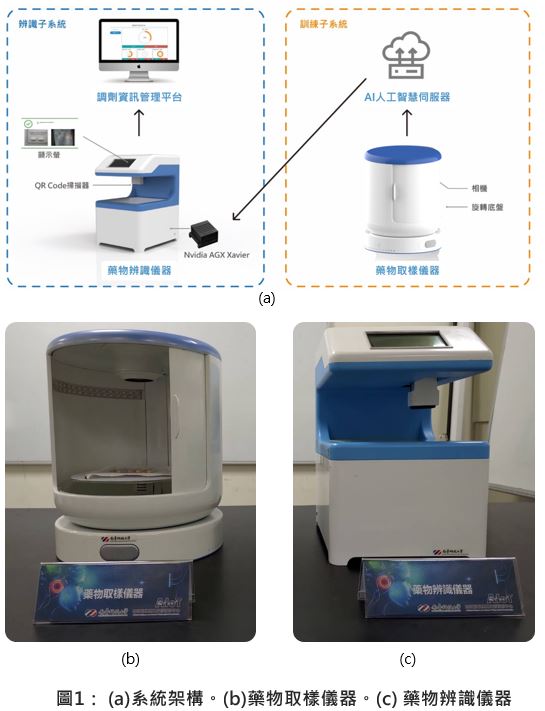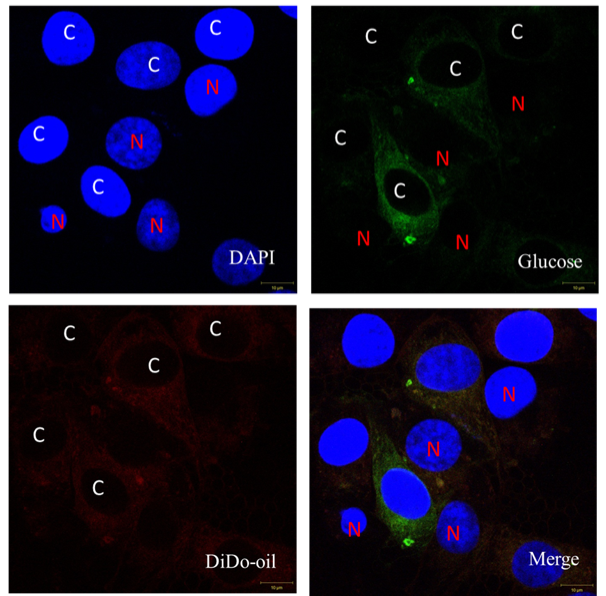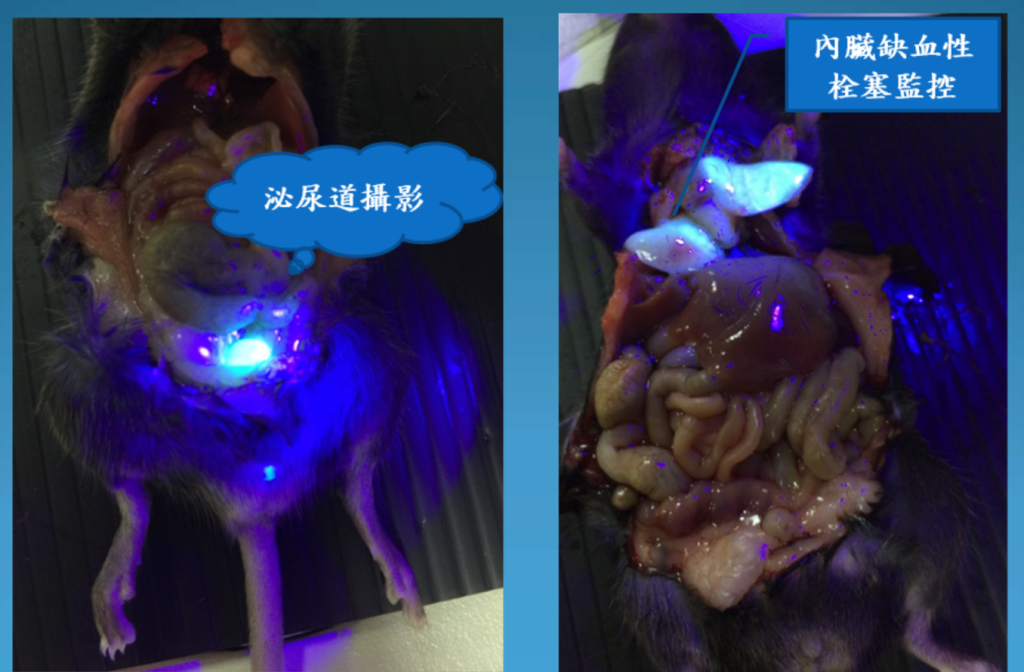| Technical Name | Fluorescent saccharide-based probe on cell detection | ||
|---|---|---|---|
| Project Operator | I-Shou University | ||
| Summary | Fluorescent saccharide-based probe (FSP) is a small water soluble molecular with nontoxic and non-cancerous property and emits a high quality of green fluoresces energy upon excitation by a UV or blue light source. In body system, FSP can be absorbed and metabolized through glucose or amino acid metabolic pathway. Therefore, multiple and numerous potentialities of FSP are applicable to cancer detection, cell toxicity, preclinical animal drug test, microorganism detection and environment toxicant detection. |
||
| Scientific Breakthrough | By 2020, the global cell testing market is expected to grow from approximately $10.8 billion in 2015 to $18.3 billion, with a compound annual growth rate of 11.16% between 2015 and 2020. Cell growth market growth factors include increased R&D spending, increasing use of cell detection for drug screening, and advances in automation and high-throughput technologies are helping to grow the market. |
||
| Industrial Applicability | 癌細胞、細胞毒性、臨床前動物毒理及微生物之檢測、具調控細胞攝取醣類能力相關之藥物篩選、環境毒物之檢測試劑用途 |
||
other people also saw







